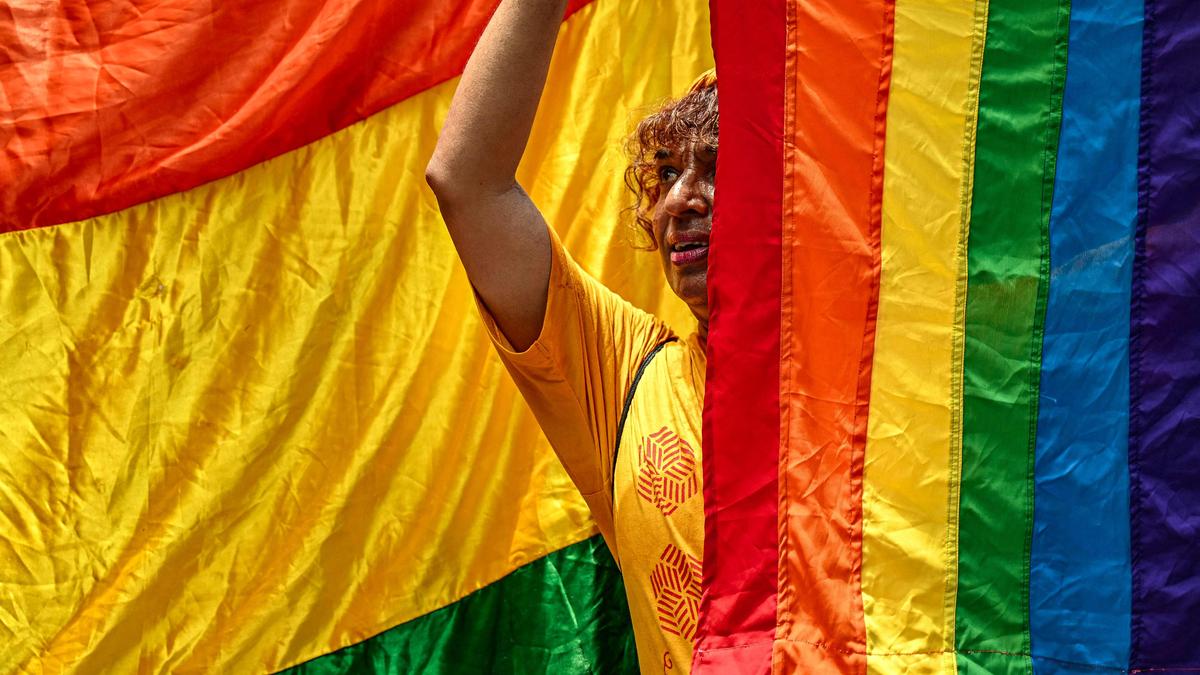
Corporate inclusivity for the LGBTQ+ community: A look beyond Pride Month Premium
The Hindu
Prarthana Prasad is a social media influencer, entrepreneur and a leading voice from the LGBTQ+ community. At a recent Diversity, Equity & Inclusion (DE&I) Conclave held in Bengaluru she opened up about how she is often a “token ticket” for the corporate world, increasingly contacted by brands for promotion during Pride Month.
Prarthana Prasad is a social media influencer, entrepreneur and a leading voice from the LGBTQ+ community. At a recent Diversity, Equity & Inclusion (DE&I) Conclave held in Bengaluru she opened up about how she is often a “token ticket” for the corporate world, increasingly contacted by brands for promotion during Pride Month.
Ashish Chopra, co-founder of BeUnic, a queer-owned, community-driven platform for LGBTQ+ creators and entrepreneurs, also spoke to The Hindu, noting that while business peaks during Pride Month, it dips immediately after.
Prasad and Chopra are not isolated cases. Many entrepreneurs who participated in the conclave attest to this and point out that their businesses experience a boom only during Pride Month when inclusion becomes a priority.
As another Pride Month rolls around, the corporate world is reminded once again of the need for inclusivity. However, the question remains: how inclusive is the working environment for people from the LGBTQ+ community, and does this inclusivity extend beyond Pride Month?
At the Conclave organised by BeUnic on May 30, discussions centered around the “rainbow ceiling,” a barrier to the growth of queer individuals in the corporate sector.
Delivering the keynote address, U.S. Ambassador to India Eric Garcetti emphasized the importance and complexity of managing diversity in large democracies like India and the U.S.A. He cited a McKinsey & Company report indicating that a diverse workforce is 35% more likely to achieve higher financial returns and 1.7 times more likely to be innovative.
However, a study by the Kerala Development Society, on behalf of the National Human Rights Commission (NHRC), further reveals that 92% of transgender individuals are deprived of the right to participate in any form of economic activity. Additionally, 96% are forced into low-paying work, and only 2% live with their parents.

After a long, tiring day all we want is to jump right on our cosy beds and rest comfortably on our soft, fluffy pillows, right? Pillows are not quite appreciated as much as electric cars or air-fryers, for instance. Pillows are a wonderful man-made creation that has improved the lives and sleep of people across the globe. Did you know ages ago people used to rest their heads on a HARD ROCK? So how did humans go from sleeping on stones to cosy, fluffy and soft pillows today? Let’s get into the origin of your everyday pillows!

As the November 30 deadline nears for installing vehicle location tracking devices (VLTD) and emergency panic buttons in public service and nationally permitted goods vehicles in Karnataka, transport unions representing cab, bus, and truck operators are urging the government to reconsider the mandate. They argue that the high cost of these devices and a lack of awareness have made it difficult for many vehicle owners to comply with the requirement.









